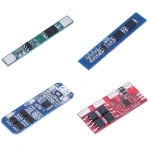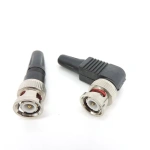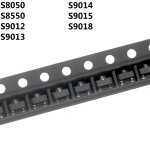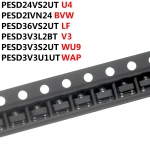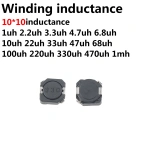Mastering Wire Harness Assembly: A Key to Efficient Electrical Systems

What is Wire Harness Assembly and Why It Matters
Wire harness assembly is a process of organizing and bundling wires and cables to make electrical systems work safely and efficiently. It’s used in cars, airplanes, appliances, and more. Here’s a simple overview:
What is a Wire Harness?
A wire harness groups multiple wires together into one organized unit. This makes electrical systems easier to install, safer to use, and less likely to have problems.
Key Parts of a Wire Harness:
- Wires and Cables: Carry electricity or signals.
- Connectors: Attach wires to devices.
- Protective Sheathing: Shields wires from damage.
- Labels and Fasteners: Keep wires organized and easy to identify.
How Are Wire Harnesses Made?
- Designing: Create a plan based on how the harness will be used.
- Cutting and Stripping Wires: Prepare wires to the right length and remove insulation where needed.
- Crimping Connectors: Attach ends for secure connections.
-
Bundling Wires: Group wires together neatly with ties or tape.
- Testing: Check for proper connections and no electrical faults.
Why Wire Harnesses Are Important
- Safety: Prevents electrical shorts and fire risks.
- Simplicity: Makes complex systems easier to install and repair.
- Efficiency: Reduces material waste and assembly time.
Tips for a Good Wire Harness:
- Use high-quality materials.
- Organize wires neatly.
- Test everything to ensure it works.



